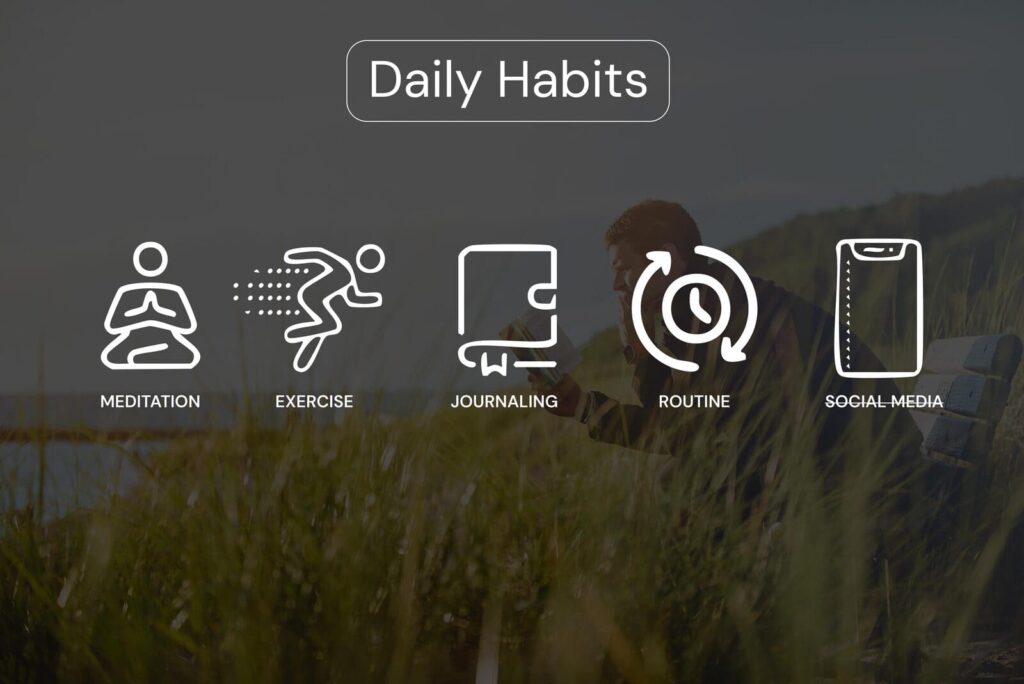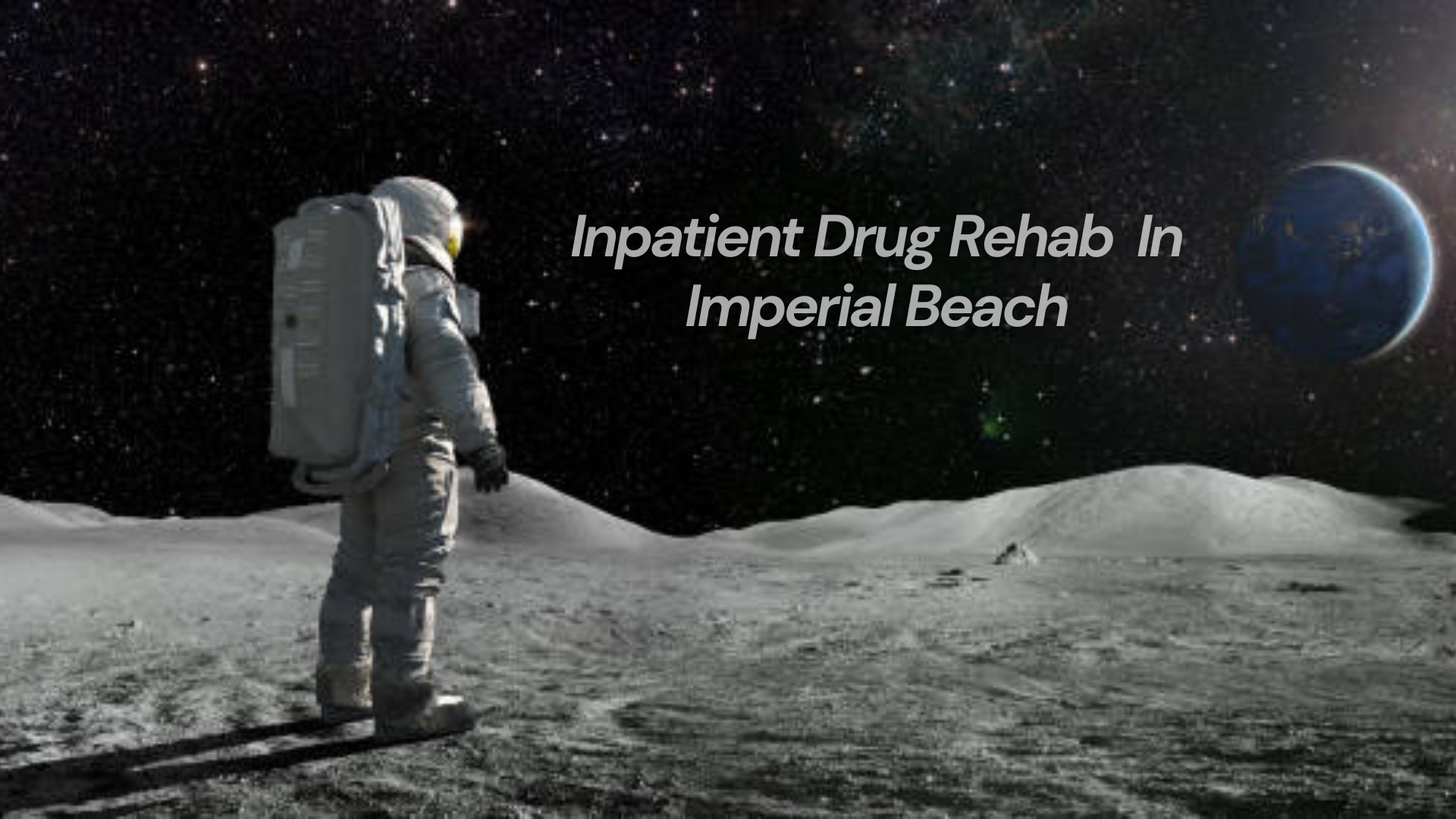Anxiety and anger are closely linked emotions, both activate your nervous system and prepare your body for perceived threats. In the moment, it can feel like your heart is racing, your chest is tight, and your thoughts are spiraling. Learning how to calm down anxiety quickly is essential for preventing angry outbursts and regaining control of your emotions.
Why Do Anxiety and Anger Feel So Similar?
Both emotions trigger the body’s “fight or flight” response. When you’re anxious, your brain signals danger, even if there isn’t a real threat. That same system is activated when you’re angry. Your body floods with adrenaline and cortisol, your breathing changes, and your muscles tense.
This physical arousal makes it easy to flip from anxious to irritable or explosive in seconds. That’s why understanding how to regulate both emotions together is so important.
How to Calm Down Anxiety in the Heat of the Moment
When anxiety and anger strike at the same time, you need practical tools that work fast. Here are proven techniques to calm your mind and body:
1. Use the 4-7-8 Breathing Technique
Slow breathing resets your nervous system. Inhale through your nose for 4 seconds, hold for 7, and exhale through your mouth for 8. Repeat the cycle 4 times. This method slows your heart rate and eases muscle tension.
2. Try Grounding with Your Senses
Grounding pulls you out of spiraling thoughts and back into the present. Name:
- 5 things you can see
- 4 things you can touch
- 3 things you can hear
- 2 things you can smell
- 1 thing you can taste
It only takes 60–90 seconds and helps short-circuit panic and anger.

3. Get Your Body Moving
Movement helps burn off excess adrenaline. Take a brisk walk, stretch, or do a few jumping jacks. Even pacing can release nervous energy and stop an outburst before it starts.
4. Splash Cold Water on Your Face
Activating the dive reflex by splashing cold water on your face can immediately calm your body. This physical shock stimulates the parasympathetic nervous system, helping you feel calmer fast.
5. Name the Emotion
Say what you’re feeling out loud or in your head. “I feel panicked.” “I feel overwhelmed.” “I feel angry.” Naming the emotion helps activate the logical part of your brain and reduces its intensity.
What to Avoid During a High-Anxiety Moment
It’s easy to fall into habits that seem helpful but actually make things worse. Avoid:
- Arguing or trying to win a point
- Ruminating on negative thoughts
- Consuming caffeine or sugar
- Suppressing your feelings entirely
- Isolating yourself without any support
These actions increase emotional pressure and make regulation harder.
Why Daily Habits Matter
While calming techniques help in the moment, long-term change comes from consistent daily habits. When your baseline stress level is lower, you’re less likely to be overwhelmed.
Try incorporating:
- 10 minutes of mindfulness or meditation each morning
- Daily physical movement (like walking, dancing, or yoga)
- Journaling before bed to release racing thoughts
- A structured routine that includes meals, breaks, and sleep
- Limiting social media and news intake during high-stress periods
These routines help train your brain to respond more calmly to future stressors.

When to Seek Additional Support
If you find yourself overwhelmed daily or unable to control your reactions, it may be time to seek professional help. Therapists can teach deeper tools for emotional regulation and uncover the root of your anxiety and anger.
Programs like anger management therapy often include coping techniques, group support, and one-on-one counseling. These resources help you understand why you react the way you do—and how to build a new response system.
Why Am I So Angry All the Time?
Chronic anger may be masking unresolved stress, emotional pain, or other mental health concerns. If you’re frequently irritable or explosive, understanding the cause is the first step. Learn more in Why Am I So Angry All the Time?
What Is IED?
Sudden, extreme outbursts of rage may indicate Intermittent Explosive Disorder. If your reactions feel out of your control, this could be the underlying issue. Get the facts in What Is IED? Exploring Intermittent Explosive Disorder.






